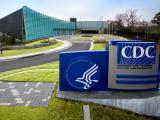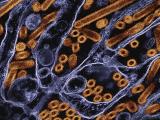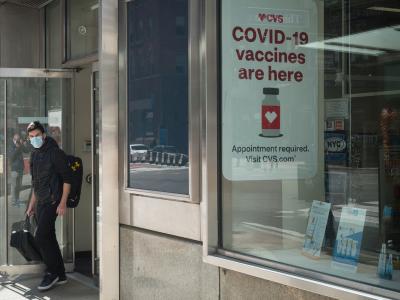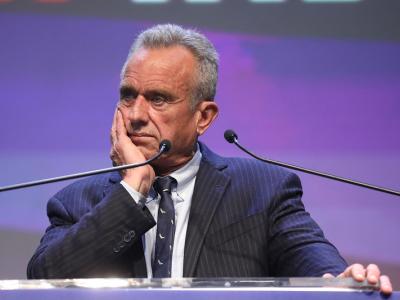Apr 9, 2009
Vietnam receives avian flu support money
Vietnam yesterday received a $7.3 million pledge from the United Nations Food and Agriculture Organization (FAO) to support two avian influenza projects, Vietnam News Agency (VNA) reported today. The funds will be used to gather information for a transitional H5N1 vaccination strategy and to help Vietnam prepare for outbreaks.
[Apr 9 VNA story]
Ft Detrick biolab placed on Superfund list
The US Environmental Protection Agency (EPA) yesterday added a site on the US Army's Ft Detrick, Md., biodefense facility to its Superfund National Priorities List, meaning officials will explore if contaminants at the site are having an impact on public health or the environment. The groundwater area placed on the list was used as a disposal site for chemical, biological, and radiological materials from the 1940s until 1970. Trichloroethene and tetrachloroethene has contaminated residential drinking water wells and could spread to areas in more densely populated Frederick, Md.
[Apr 8 EPA press release]
Stimulus money targets $300 million for immunization
In announcing $2.3 billion in federal Recovery Act funds for health and human services programs today, Vice President Joe Biden said the Obama administration has targeted $300 million of the total for vaccines and grants to ensure that underserved Americans receive needed immunizations. The new resources will be used to buy vaccines for all 50 states, several large cities, and US territories. The vaccine funds will also cover immunization program operating costs and technical support, as well as vaccine awareness campaigns and innovative programs to boost childhood vaccination.
[Apr 9 HHS press release]
China announces plan to boost healthcare infrastructure
The Chinese government yesterday announced a major upgrade to its healthcare system, with a plan over the next 3 years to staff a clinic in each of its 700,000 villages, expand medical coverage to 90% of its people, build and renovate hospitals and clinics, and train 1.4 million healthcare workers, The Guardian, a British newspaper, reported. The central government said it would pay 40% of the costs, with local authorities to fund the remainder. Market reforms of the past decades have widened the medical coverage gaps between China's rich and poor populations, and infectious disease issues such as SARS and avian influenza have focused global attention on the country's healthcare system, the report said.
[Apr 8 Guardian story]



















